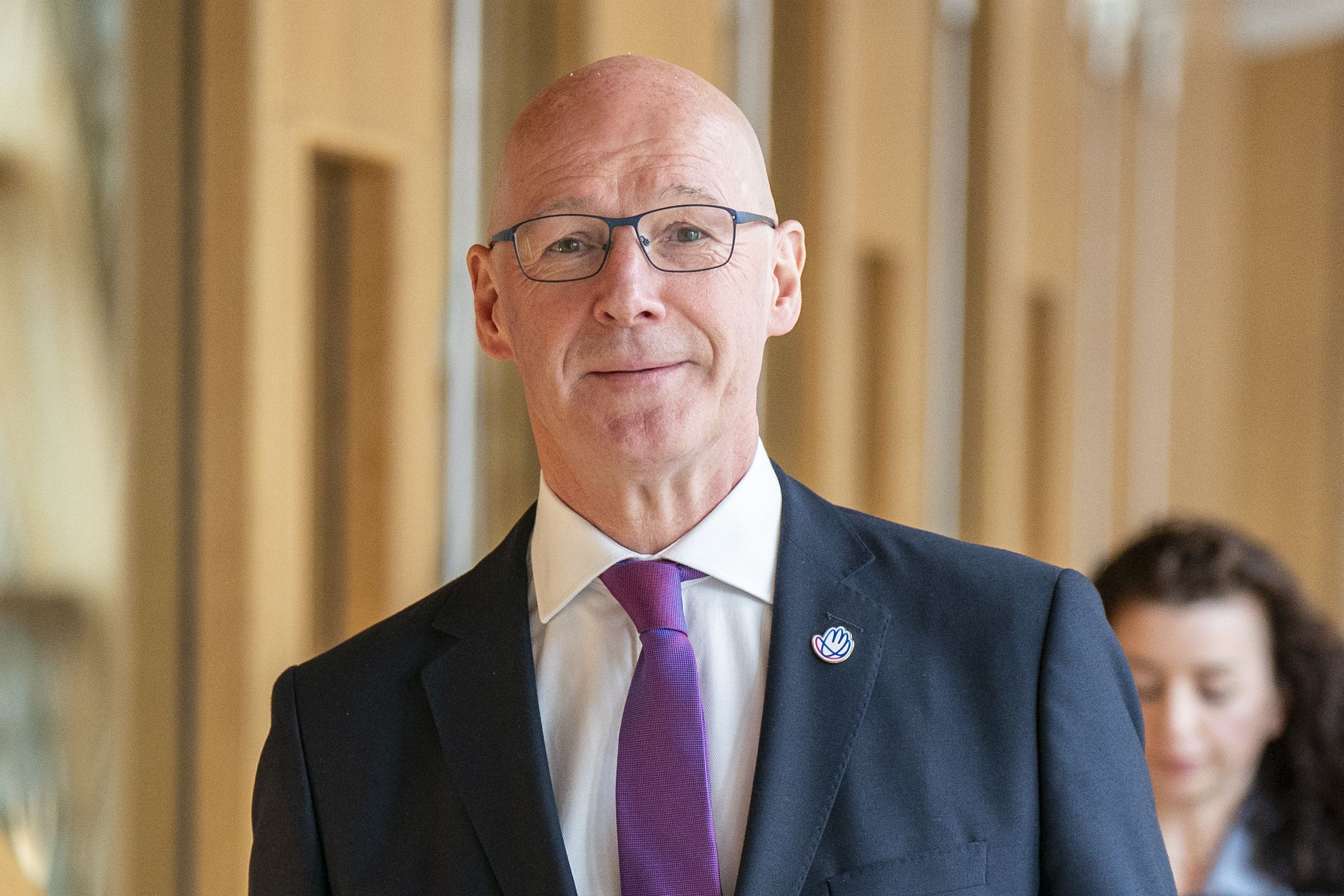Swinney calls for review of election timetables amid postal voting issues
A number of voters have reported missing the arrival of their ballots due to holiday or late deliveries.

Scotland’s First Minister has pushed for a review of the timetable for general elections amid issues with Scottish voters receiving postal ballots.
The July 4 election falls in the first full week of the school summer holidays in most parts of Scotland, with delays in receiving postal votes resulting in some Scots being left without a vote due to already-planned holidays abroad.
In a letter to Rishi Sunak, John Swinney said the issues have been caused by a combination of the Prime Minister’s decision to hold the vote on an “unsuitable date”, and the timetable for elections leaving “little room in it to address issues” which may arise.
The First Minister’s comments relate to the deadline for postal voting registration in this election being June 19, but the date of ballots being sent to voters was June 27 – after most schools broke up for the holidays – meaning their late arrival could disenfranchise voters.
In his letter to the Prime Minister, Mr Swinney said: “The problem has been caused by a combination of your selection of an unsuitable date for the General Election, and the timetable for UK Parliament elections, which has little room in it to address issues arising, such as the reported delays at the printers.
“In this case, the deadline for applying for a new postal vote being on June 19 meant that some postal packs had to be issued at a time when some Scottish schools were already on holiday.
“As well as establishing the facts about what happened during this election, a review into both the timetable for UK Parliament elections and how decisions are made about their timing needs to be held urgently after the General Election.
“I expect the Electoral Management Board for Scotland to be involved in this review, as the body with the greatest expertise and experience in the conduct of elections in Scotland.
“There may be little that can be done now for some voters to secure their ability to vote in this election, but it would give them some confidence in the UK electoral system and our democracy to know in advance of the election that such a review was planned.”
The First Minister also stressed it is important to acknowledge “there are no arrangements that can ensure that everyone entitled to vote is able to, in these circumstances”.
Speaking to the PA news agency during a visit to Aviemore in the Scottish Highlands on Tuesday, Mr Swinney backed the call of his party’s Westminster leader Stephen Flynn for reform to the postal voting system.
On Monday, Rishi Sunak’s official spokesman told reporters the Prime Minister did not share the First Minister’s concerns, adding the UK Government was working with the Electoral Commission, elections officials and the Royal Mail to resolve any issues.
UK postal affairs minister Kevin Hollinrake is said to be “urgently investigating” the issue, but Royal Mail has rejected claims there is a backlog, saying the service is “not complacent”.
Shadow Scottish secretary Ian Murray said: “It is deeply worrying that people are at risk of losing their opportunity to vote in this crucial election.
“It is essential that councils continue to work to address these delays and provide voters with alternatives, so that all voters have the chance to make their voice heard.”
Bookmark popover
Removed from bookmarks